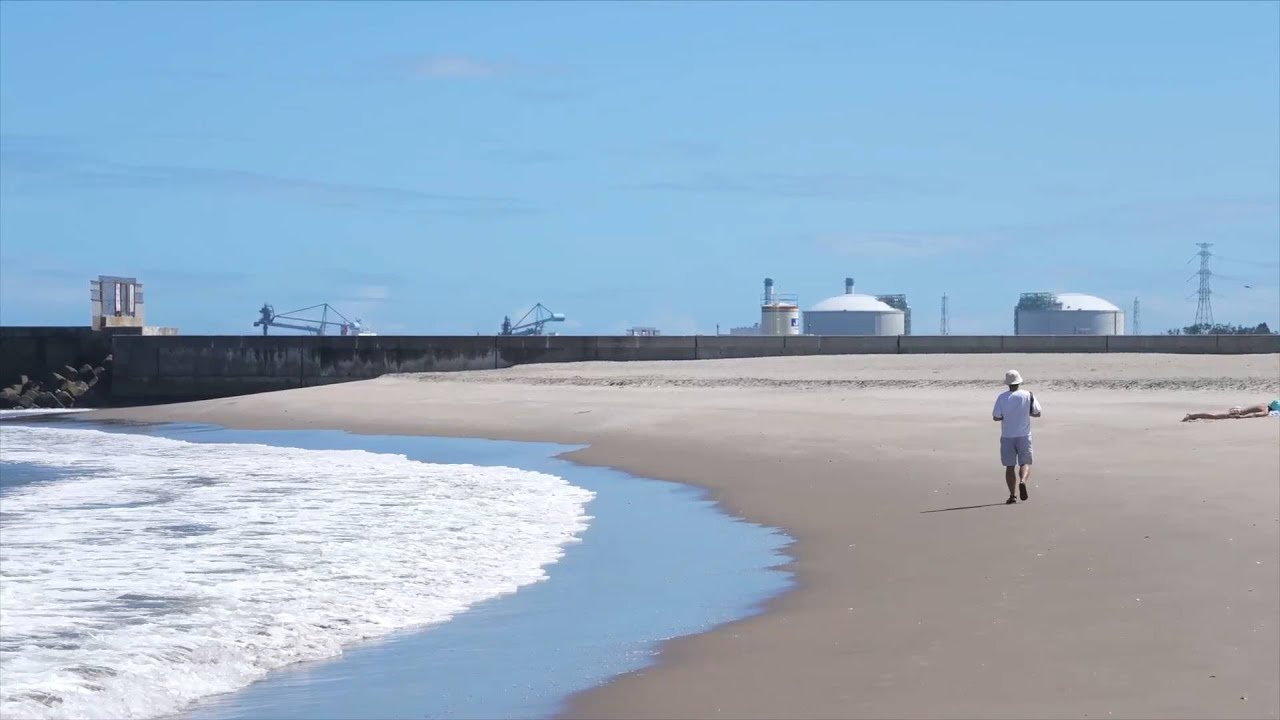“If people eat this kind of contaminated food, it will affect the health of millions and millions of people, for many, many years.” Observers say Japan’s discharging of nuclear-contaminated water into the ocean may pose long-term threats to human health and the marine environment.



deleted by creator
Ah yes because Tepco was never caught lying about measurements in the past. Your security assurances are useless if there is no way to make sure the filtering is actually done. You assume we suddeny forgot about them constantly lying in the past. They are all Samurai with an honor code, there is no way a private company will engage in cost cutting, right?
Pls come back and defend the bbc article
deleted by creator
What evidence? You posted some damage control article (“Tepco said trust me bro, so its aight”) of the crackerverse countries now ordered to publish everywhere to defend their battle slave. “We need to keep our people’s opinion of Japan high, we might need to use them as a second Ukraine later”. Wouldn’t even surprise me if our Bri’ish gents already banned imports from affected regions lmao
You must confuse them with Germans, for which nuclear energy is like black magic nowadays. The position of “☭”-enjoyers is actually consistent, as it really makes no sense to leave the filtering and dumping to a well-known lying private enterprise, that’s not even that hard to understand. And the IAEA, which received suddenly $1-2 million (alias got bribed) from Japan.
Tritium has a half-life of only 12 years. In 80 years, 99% of it is gone.
I would be more concerned that the filtration system wasn’t sufficient enough to remove more dangerous radioactive contaminants. I believe that’s what the countries around who are opposed or skeptical are concerned about.
Then they can store it for 80 years before releasing it
12 years have already passed, so 50% is already gone.
How much is enough? 1% of a large concentration is quite different than 50% of a small concentration. Shouldn’t we compare this in units of concentration instead of vaguely defined percentages?
Also, why are we focusing on the tritium? Are you confident that everything else is filtered so we don’t have to worry about the rest?
If the radiation from the water is negligible compared to background radiation, then it should be safe for consumption, given that all toxic substances are removed.
The fact that they didn’t provide the evidence showing the lack of radioactivity is indicative that they are releasing it prematurely. The fact that they mentioned a lack of space is indicative of a monetary reason.
They ran out of funding to hold the toxic radioactive water, so they’re dumping it out into the ocean.
The International Atomic Energy Agency says it’s within safe limits, but I do agree that monetary reasons seem to make this release questionable.
Well the problem with that is the stored water would be much more concentrated. A leak would therefore be much more dangerous.
deleted by creator
What kind of logic is that.
Your solution is that storing it for 80 years is bad because 1% is left, so let’s dump 100% right now???
Also, why is the talk only about tritium and carbon-14 in this report, ignoring 64 other elements present in the water that potentially contain harmful effects. The IAEA report states they only investigated these two elements by Japan’s request, it does not imply that there are no other elements they can or should also investigate, just they didn’t because they weren’t requested to.